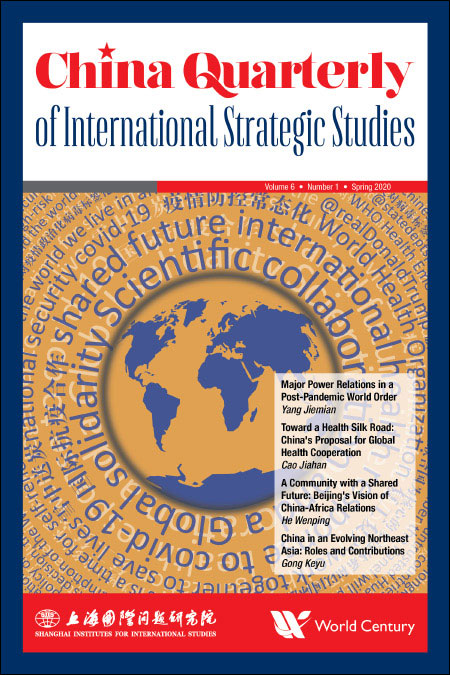Toward a Health Silk Road
Abstract
Originally designed as a component of the Belt and Road Initiative (BRI) under the pillar of people-to-people bonds, the Health Silk Road (HSR) has aroused intense interest and scrutiny amid the Covid-19 pandemic. Rather than a new geopolitical strategy within the BRI framework, the HSR is an emerging diplomatic initiative for promoting health cooperation in a world increasingly threatened by proliferating public health emergencies. China’s medical aid in the developing world before the HSR’s inception and broader health diplomacy since the onset of the coronavirus crisis have been misinterpreted in much of the developed world and some Asian neighbors. Although the HSR will be a bumpy road in a post-coronavirus era of growing geopolitical rivalry and fractured world market, the health cooperation initiative can still be built into a transregional health network to the benefit of nations concerned. To achieve this end, Beijing should take a two-pronged approach: building up a stronger and more resilient domestic health system and upgrading its multilayered partnerships with BRI participant nations and international organizations.


